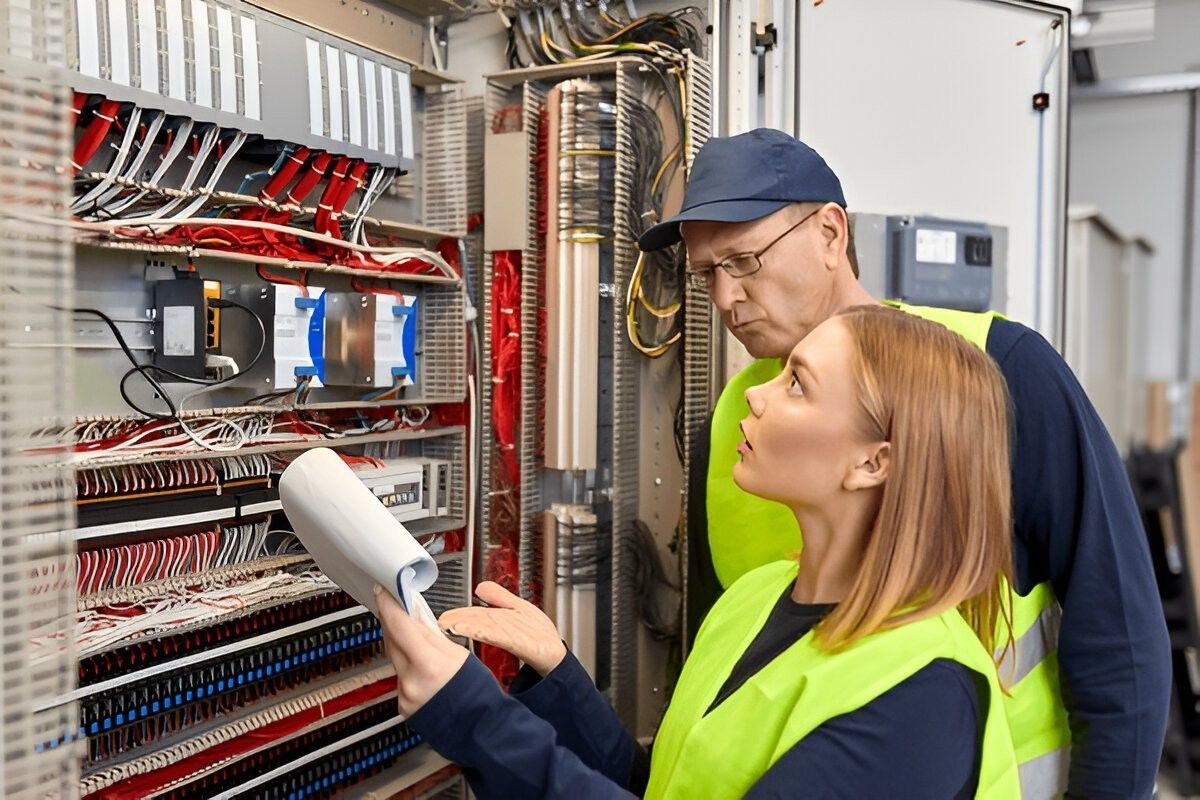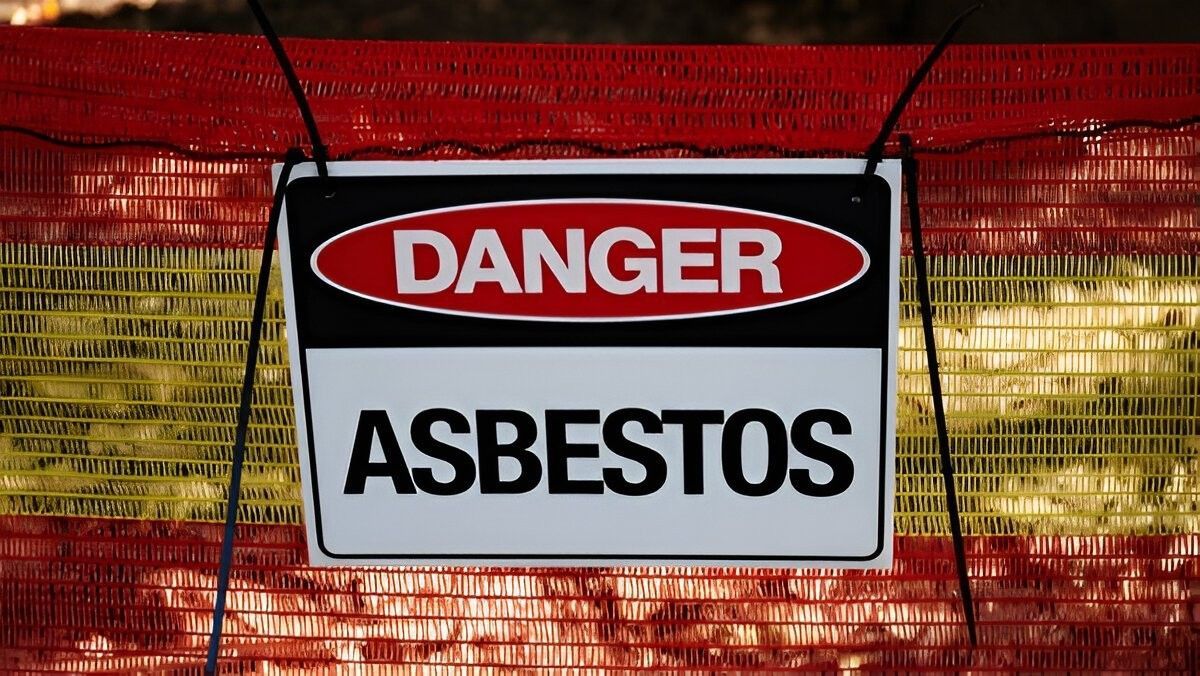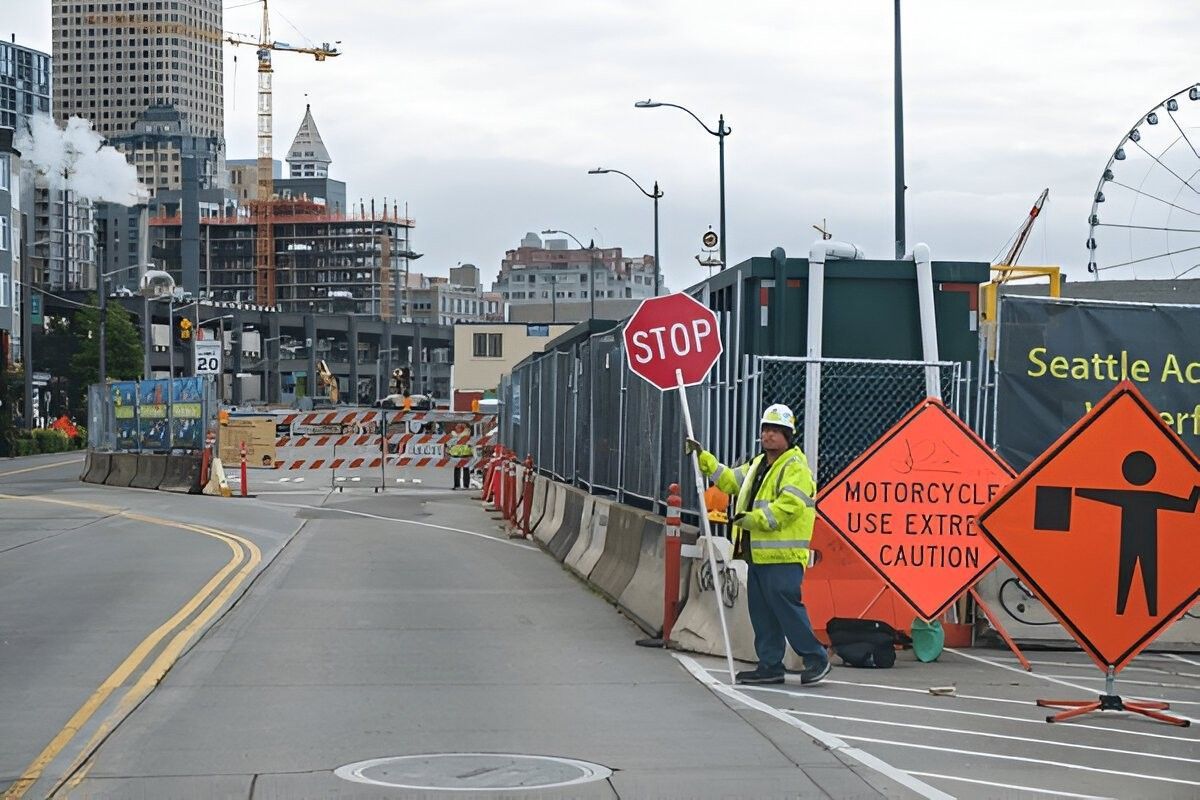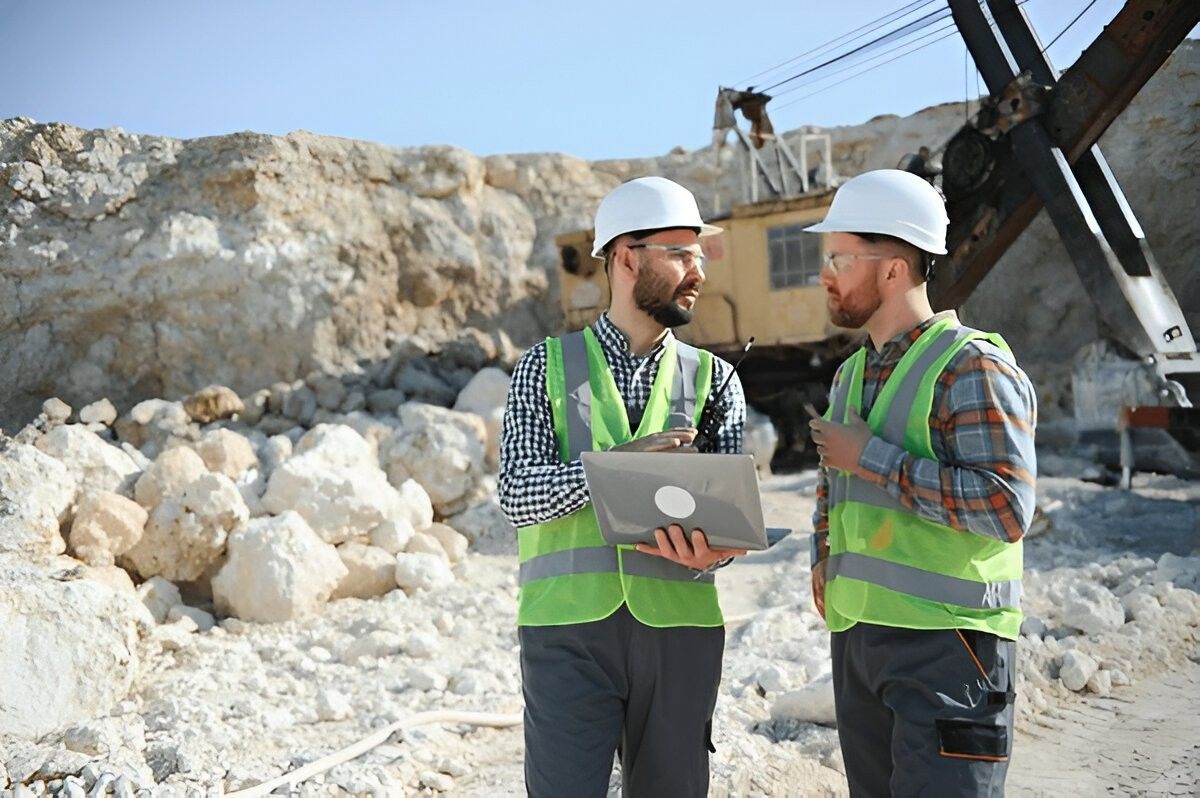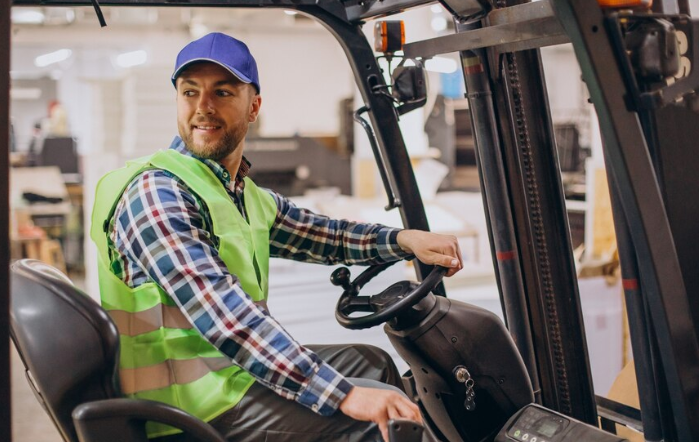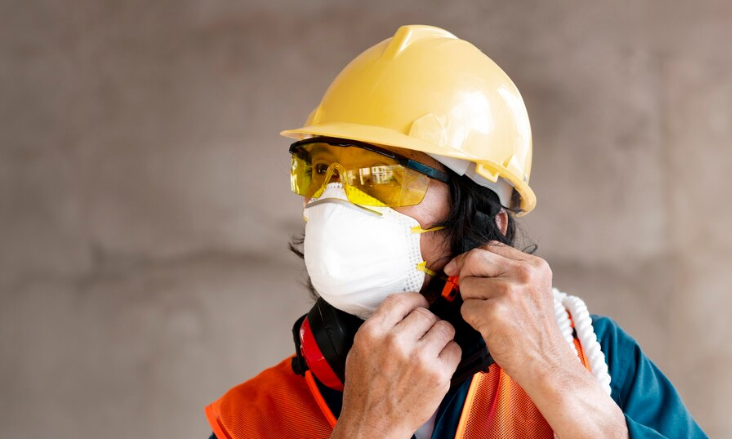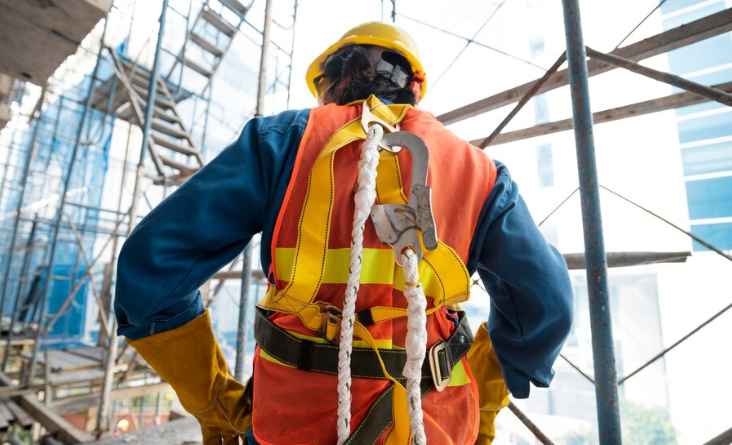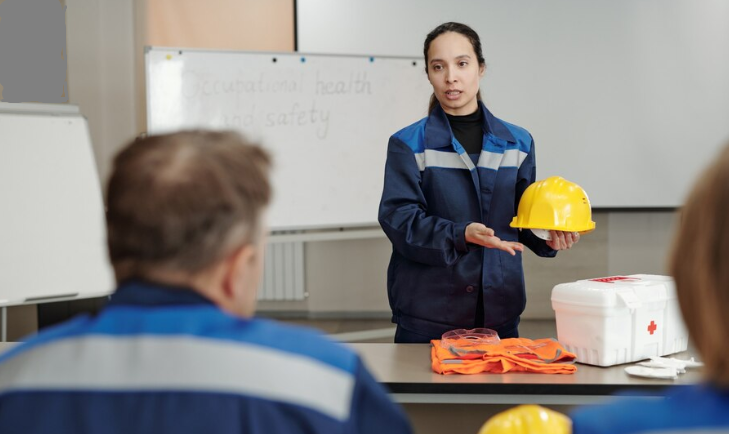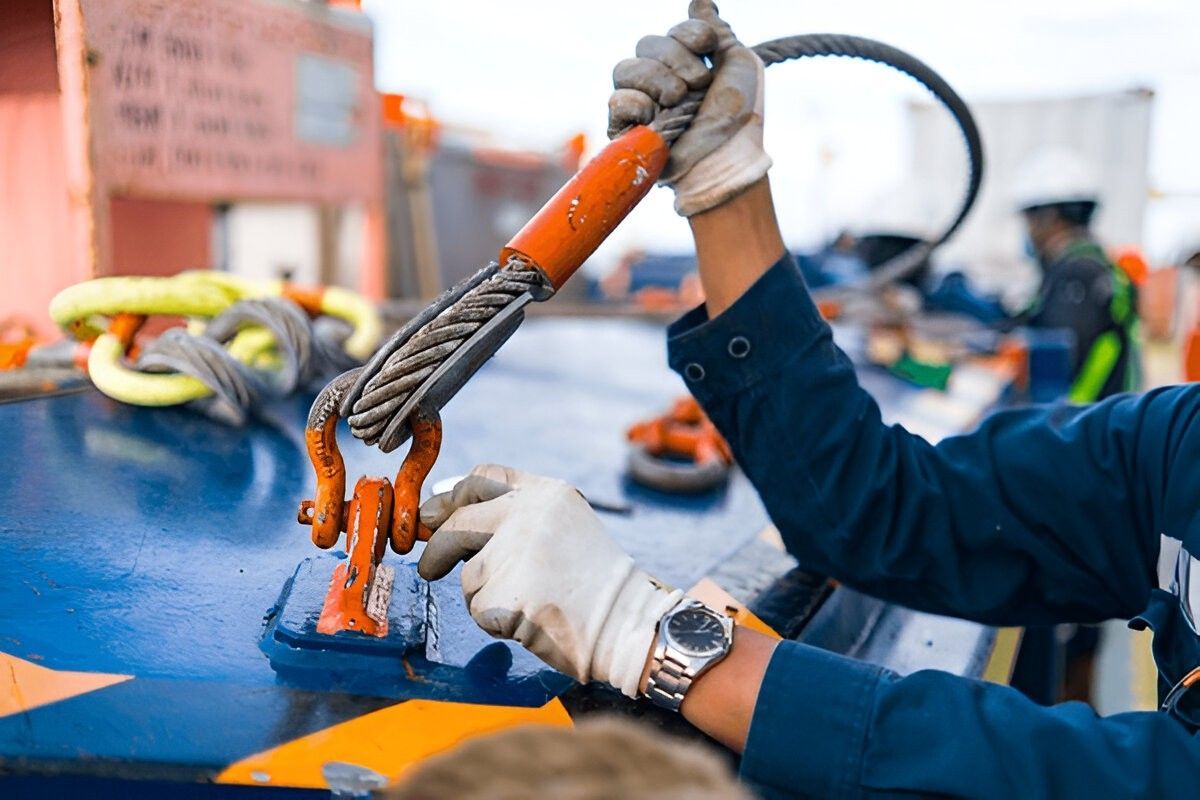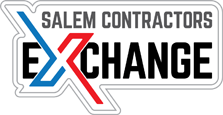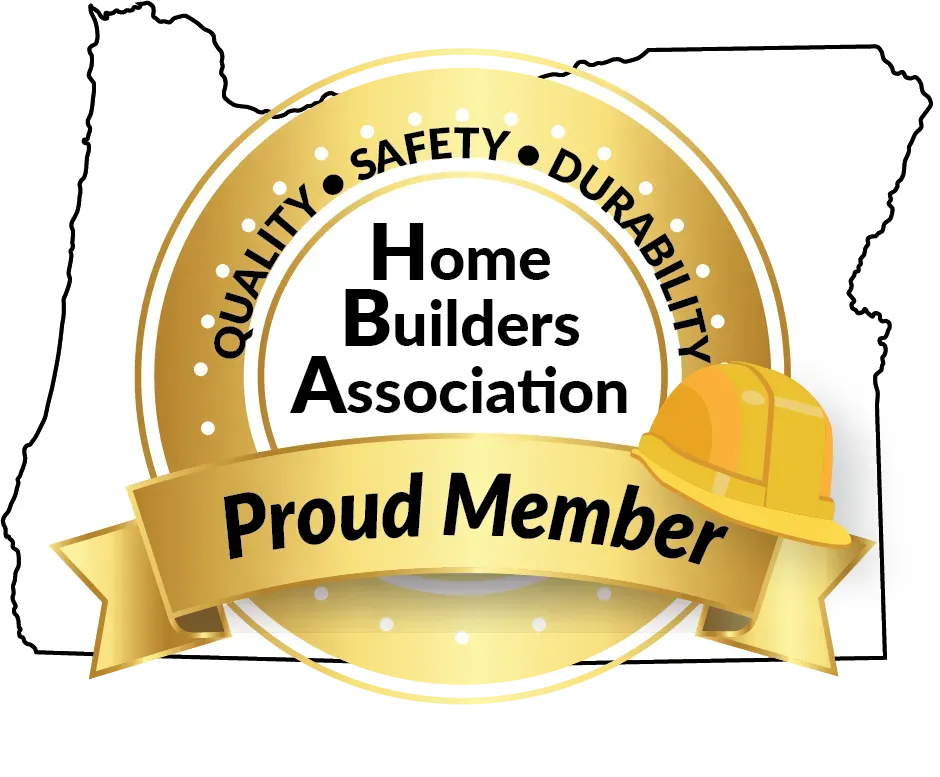Top Perks of Regular AWP/MEWP Maintenance for Long-Term Cost Savings
When working with Aerial Work Platforms (AWP) or Mobile Elevating Work Platforms (MEWP), safety and efficiency are paramount. But, what must you have when working on an AWP/MEWP to ensure safety? One of the most important elements is routine maintenance. Regular servicing and inspections not only protect operators but also significantly contribute to long-term cost savings for companies. In this post, we will look at why routine AWP/MEWP maintenance is crucial for maximizing performance, reducing costs, and enhancing safety.
Minimizing Repair Costs through Proactive Maintenance
Neglecting regular maintenance on AWP/MEWP equipment can lead to expensive repairs or, worse, full equipment failure. Mechanical issues that go unchecked tend to worsen over time, resulting in costly repairs that could have been avoided with consistent upkeep. By setting up a schedule for maintenance and addressing minor issues before they develop into major problems, you avoid expensive emergency repairs and extend the life of your equipment.
Routine maintenance ensures that components like hydraulic systems, electrical systems, and safety features are operating properly. A minor repair is far cheaper than a complete system replacement, and it helps avoid downtime that can disrupt work schedules and lead to additional financial strain.
Ensuring Operator Safety and Compliance
AWP/MEWP maintenance isn't only about keeping costs down; it's about keeping your workforce safe. In industries that rely on these platforms, workers are exposed to potential hazards if equipment isn’t properly maintained. A malfunctioning lift can lead to falls, accidents, or equipment breakdowns while in use, putting operators at risk. Regularly scheduled maintenance ensures that safety systems, such as stabilizers and braking systems, are in optimal condition, thus reducing risks to workers.
Additionally, following a structured maintenance plan ensures compliance with safety standards and regulations. Whether you’re working in construction, maintenance, or warehousing, adhering to OSHA and other relevant safety regulations is a must. Regular checks and maintenance provide assurance that your equipment remains compliant with these requirements, reducing legal and safety risks.
Enhancing Equipment Performance and Efficiency
AWP/MEWP platforms are designed to be highly efficient, but only when they're properly maintained. Regular servicing keeps these machines running at peak performance, ensuring that lifts operate smoothly and efficiently throughout their usage. A well-maintained machine consumes less fuel, has fewer breakdowns, and offers better productivity in the long run.
By maintaining equipment, you help your team complete tasks faster and with fewer interruptions, ultimately increasing operational efficiency. A broken or poorly functioning machine can result in delays, increased downtime, and frustrated workers.
Extending the Lifespan of Your Equipment
Another major advantage of regular maintenance is the extended lifespan of your AWP/MEWP. Machines that are properly maintained can serve your business for years, while those that are neglected may need to be replaced much sooner. Regularly scheduled maintenance helps prevent premature wear and tear on components, meaning that the platform will be more reliable, and you'll get a greater return on investment.
In addition to extending equipment life, good maintenance also improves the resale value of AWP/MEWP platforms when it comes time to upgrade or replace them. A well-maintained unit is more likely to retain value, which can offset the costs of purchasing new equipment.
Avoiding Work Delays and Operational Interruptions
Nothing slows down a project like a sudden equipment breakdown. Unplanned downtime can lead to missed deadlines and project delays. Regular AWP/MEWP maintenance helps minimize the chances of these disruptions. With preventative care, you can anticipate potential problems and fix them before they cause major delays, keeping your operations running smoothly and your team on track.
Do you need a license to operate a scissor lift?
This question often arises, especially in industries where aerial work platforms are used frequently. The answer depends on regulations in your region, but regardless of licensing requirements, all operators should have proper training and be familiar with equipment maintenance. This combination of skilled operation and regular maintenance keeps your equipment functioning optimally and helps protect your workforce.
Final Say:
KARM Safety Solutions understands the importance of safe and reliable AWP/MEWP operation. That’s why we offer comprehensive safety training programs that cover everything from equipment handling to maintenance protocols. Our training ensures that your team is equipped with the knowledge they need to keep your AWP/MEWP machinery running efficiently and safely. We provide up-to-date certifications and training courses tailored to your specific needs, ensuring compliance with all safety standards.
Protect your equipment, your team, and your bottom line. Contact KARM Safety Solutions for your safety and training needs today.
